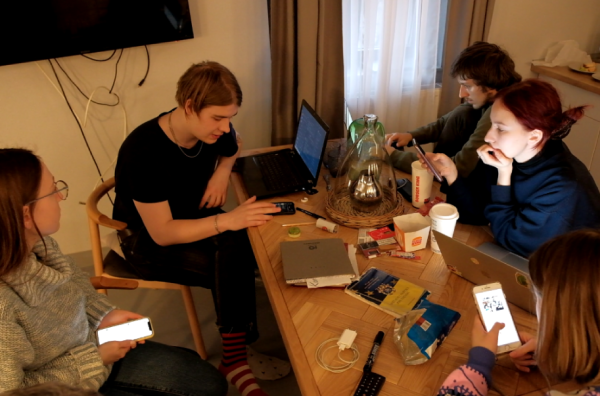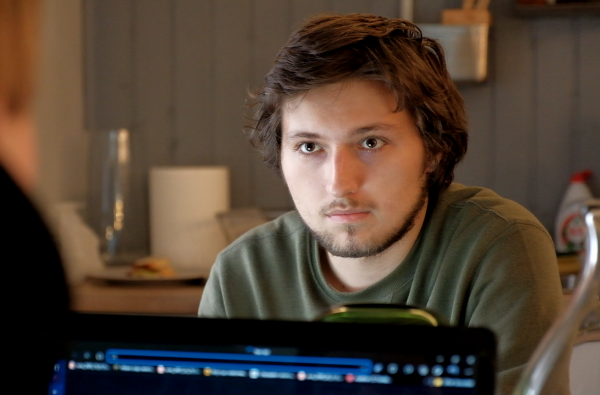

In times of crisis, we could not remain indifferent. Following the Russia-Ukraine war, families, young people, and the elderly sought temporary shelters until the conflict subsided. Due to their proximity to Ukraine, many people chose to stay in Romania.
How did we got involved?
In everything we do, we like to believe that situations call us, and we must accept them with the utmost enthusiasm, even though they often present a challenge.
#uhelp began with a call. Someone had informed us that they had encountered a group of young Ukrainians in need of assistance. We didn’t hesitate and took action. We met with them and found out that they were students of arts and history who had shouldered their backpacks and left the midst of danger. They reached the Romanian border, stayed at an emergency reception center for refugees, and later migrated to Bucharest. Together, we thought about how we could help in such an overwhelming situation. The answer was Social Media.
We came to the conclusion that there is a significant need for communication in the relationship between people from Ukraine and the countries providing assistance. We had linguistic resources, as well as human resources, so the plan was as follows:
Bogdan, Yegor, Varia, and Daria would centralize the requirements of the people who are still in Ukraine (mostly men). The Intercalat team would lead the donation campaign, which would then be sent in the direction communicated by the young individuals. Additionally, we would assist the people arriving in Bucharest.
As a result, we were present at the North Train Station (Bucharest) to learn about the needs of the arriving individuals, such as finding accommodation, food, and so on. In addition to physical presence, we were also active online by centralizing help requests on Facebook/Instagram and forwarding them to our internal volunteer groups to find the best possible solution. All of this was documented transparently through videos on our social media platforms.
